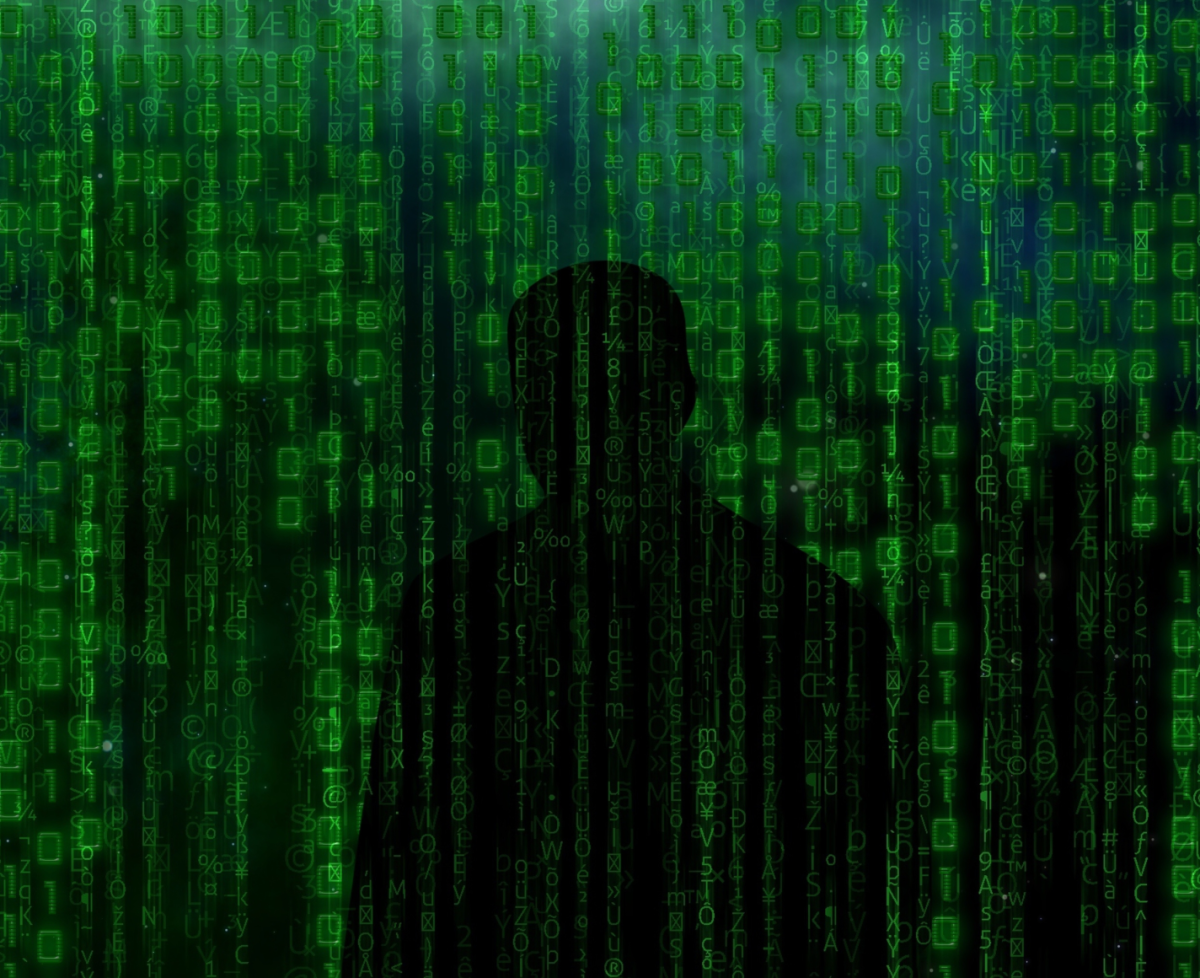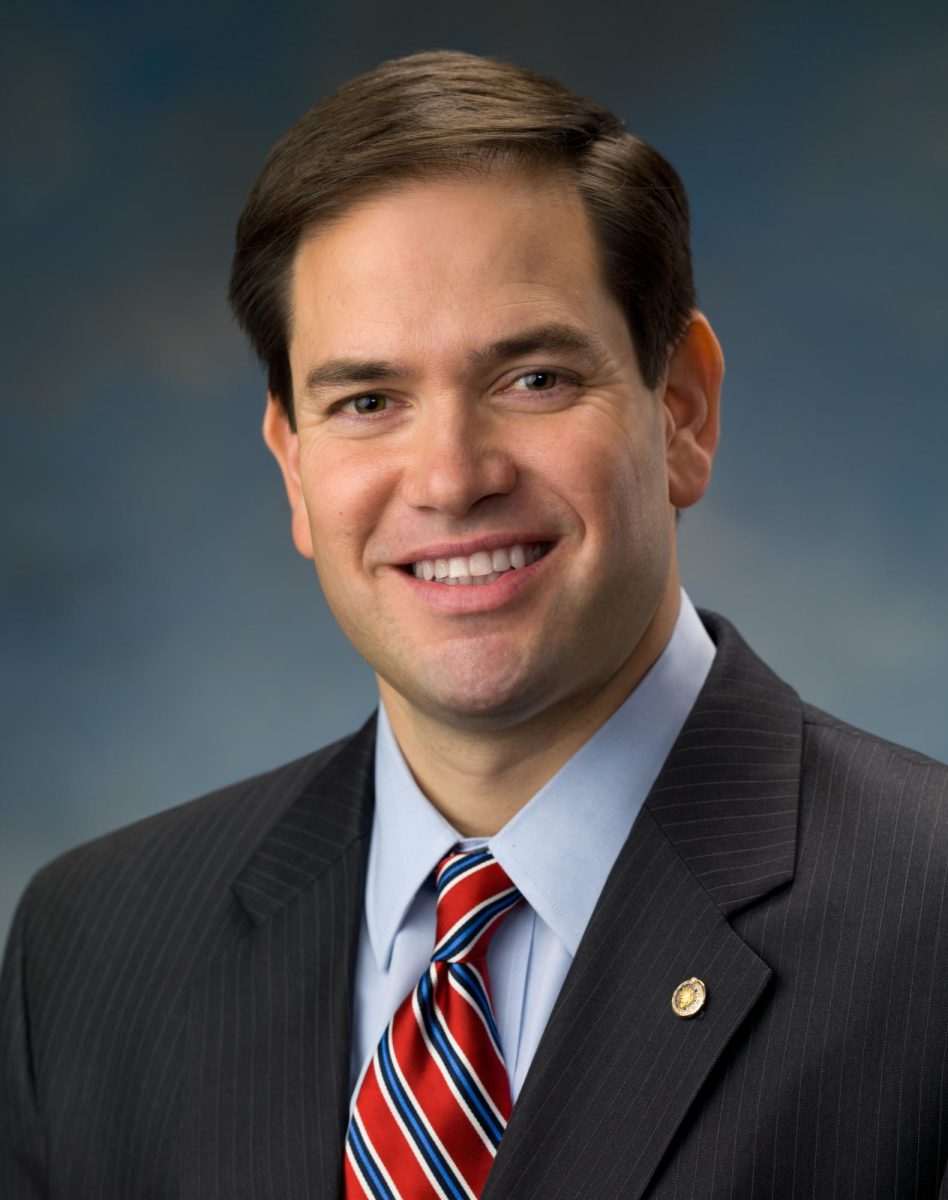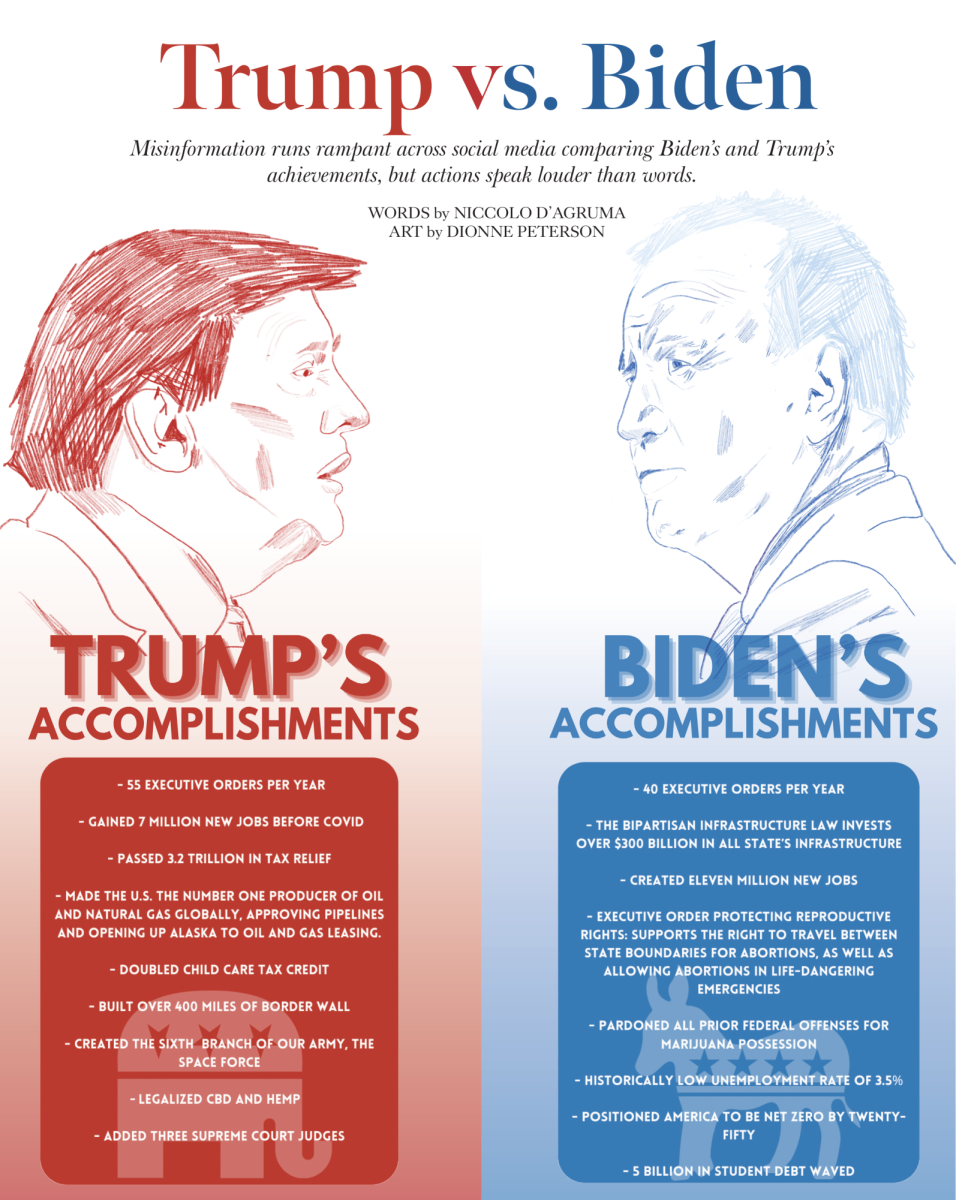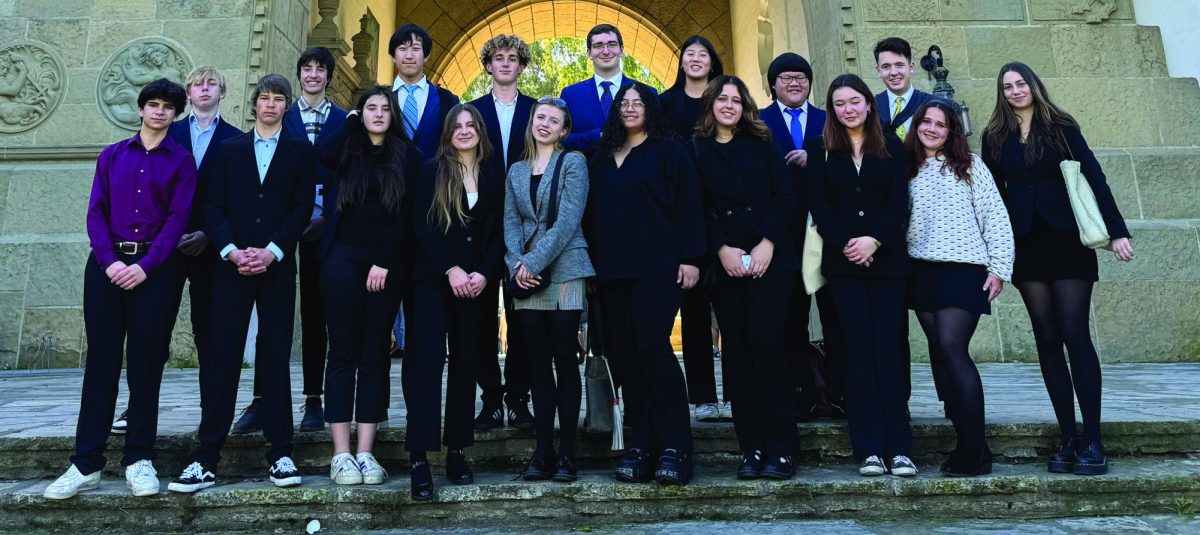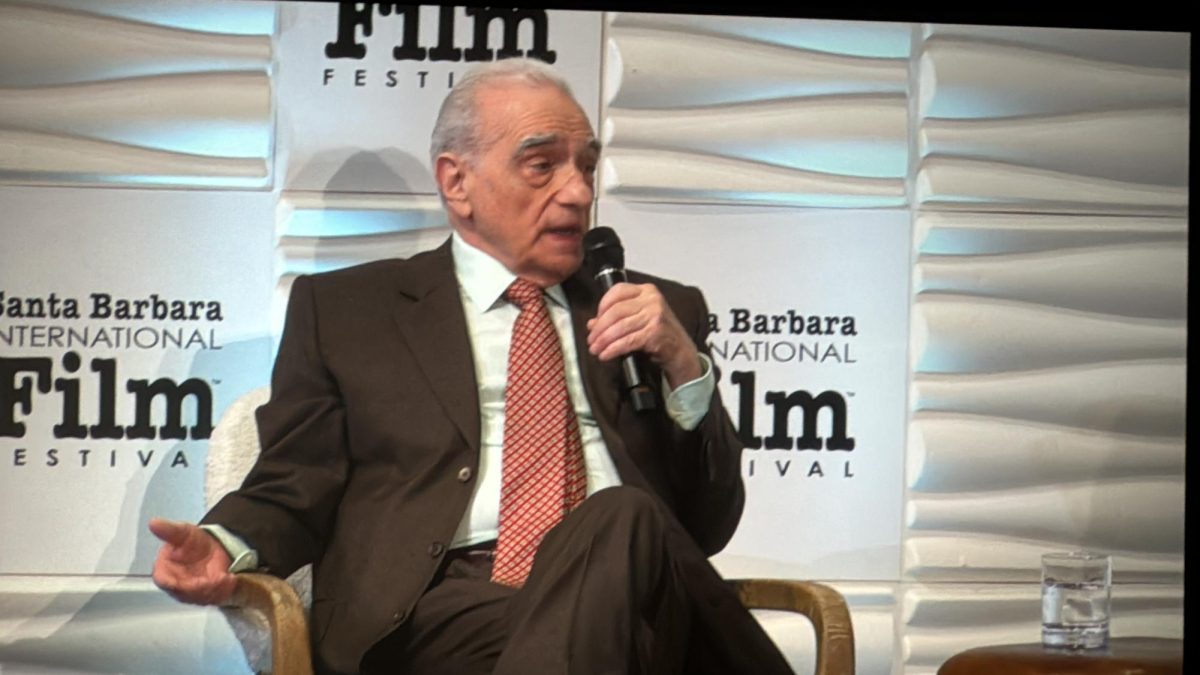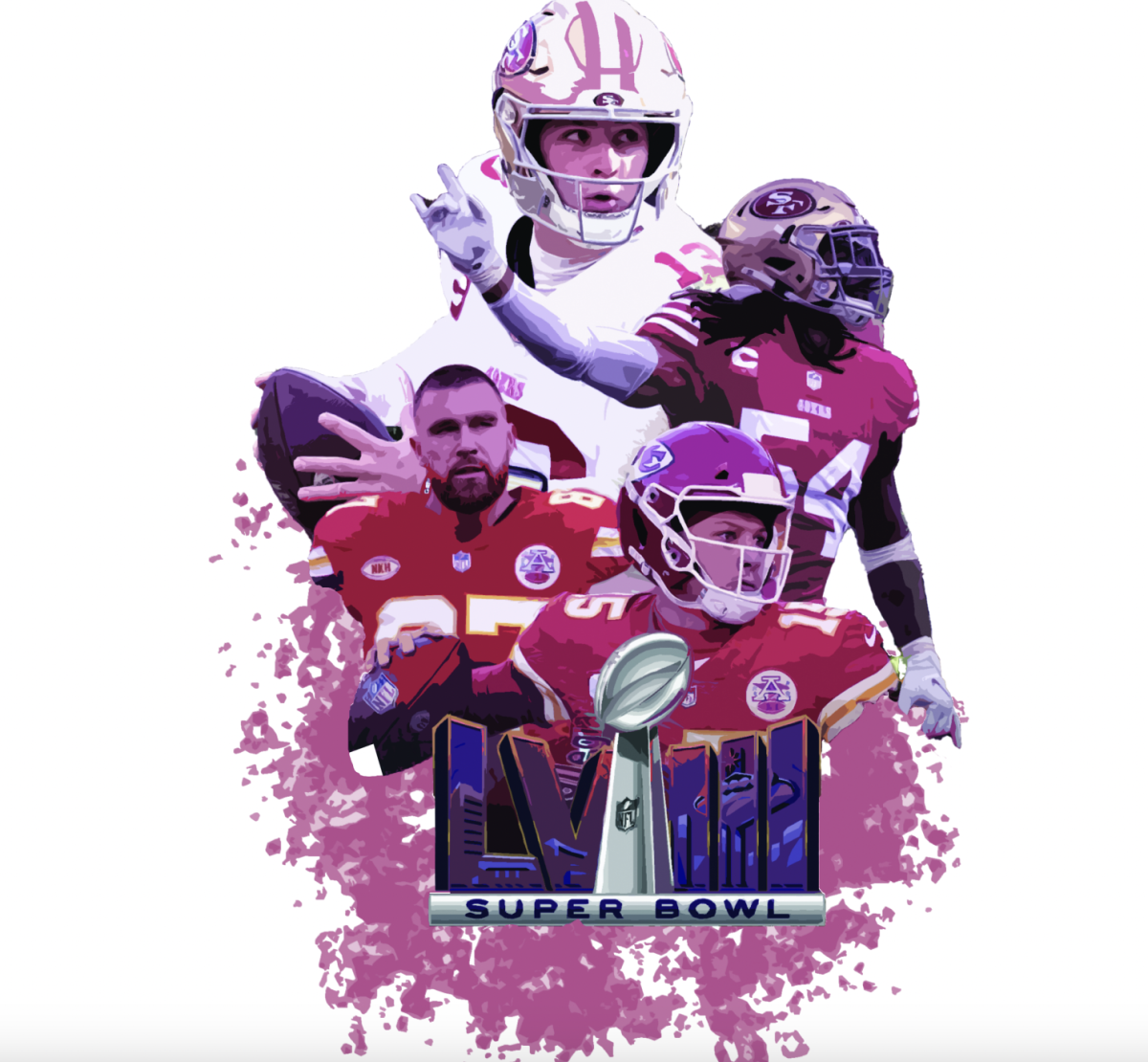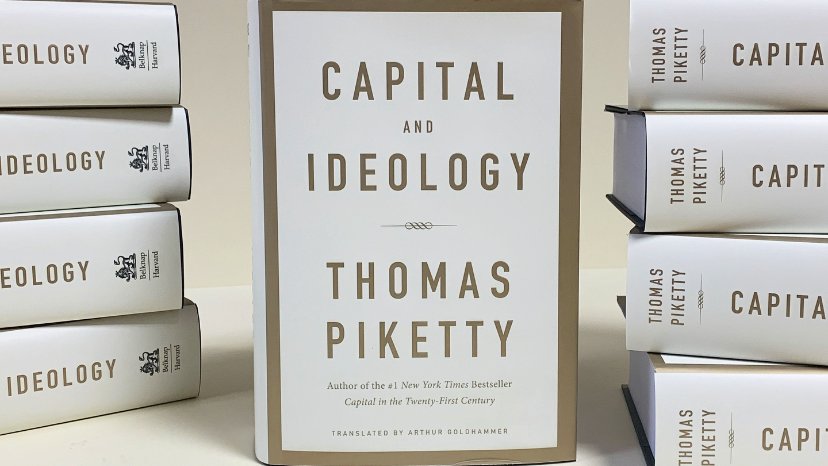 In the beginning, our Founding Fathers aimed to establish a nation that would protect its people from religious persecution.
In the beginning, our Founding Fathers aimed to establish a nation that would protect its people from religious persecution.
The first amendment guarantees citizens freedom of religion.
Its purpose is to ensure that all people can worship as they chose and that the government not impose a “state” led religion.
But today our nation is divided, and America can no longer claim to be “one nation under God” as it has been torn apart by those advocating for and against religious freedom.
Athletes like Tim Tebow, who have boldly and publicly proclaimed their faith, have been discriminated against for doing so.
Since Tebow has developed an impressive resume, including winning two National Championships and one Heisman Trophy, one would think that people would respect his ability and embrace him as a winner.
However, while it is true that many love Tebow and applaud his hard work and dedication, it is also true that many mock him for his decision to exercise his first amendment right.
Those who have coached him or played with him attest to the fact that Tebow is a hard worker who believes in the value of perseverance and endurance.
In fact, Tebow embraces Tim Notke’s philosophy “hard work beats talent when talent doesn’t work hard.”
But the sad truth is that the majority of Tebow’s fame has stemmed from his outspoken religious views rather than his work ethic.
Critics disregard his success and use his display of his Christian beliefs to disparage his athletic performance.
As comedian Denis Leary said, “Jesus must be thinking even Judas had a better release than this guy.”
By most measures of morality, Tebow’s belief system has made him a better person.
So why has he become such a polarizing figure in our society?
For one, Tebow is traveling on uncharted waters. Although he is not the first professional athlete to openly display his faith, he is the first to advocate for Christianity with such fervor.
Consider Kurt Warner, quarterback for the Cardinals, who is the subtler Tebow equivalent.
As a Christian athlete, Warner can relate to Tebow’s convictions.
“You can’t help but cheer for a guy like that. I’d tell him, ‘Put down the boldness in regards to the words, and keep living the way you’re living. Let your teammates do the talking for you. Let them cheer on your testimony.’”
As much as Warner’s advice might have made Tebow more popular with his critics, it is clear that the laws of our country grant every American the right to pursue religious beliefs so long as they do not jeopardize the safety of those around them.
Yet, “Tebowing,” (the newly coined phrase defined as: to get down on one knee and pray in the middle of an event, such as a football game) and other similar religious expressions are met with much opposition.
Some suggest that religion has no place in a football game or any public arena and wish he would just shut up.
Regardless of our religious beliefs or lack of beliefs, how is kneeling down in prayer hurtful?
How is quoting scripture in a press interview offensive?
Why would painting a Bible verse stir up so much negative commotion?
Is it really so bad that Tebow would rather have dinner with a child with cancer than hit the bar scene and use his fame to pick up girls?
Should we really make fun of Tebow, and instead, look up to the famous people who live by the motto “sex, drugs and rock and roll” who end up destroying their lives and the lives of those around them?
We should all admire Tim Tebow his accomplishments and respect his right to express his beliefs, rather than seek to destroy him or others with whom we disagree.
It’s too bad we have discovered the last of the “new worlds.”
If only we could find an undiscovered world and establish a new nation — a nation that would go beyond religious understanding and instead seek to ensure religious freedom.
We would write a document to “form a more perfect union, establish justice, and ensure domestic tranquility.”
This nation would be a haven for those escaping religious persecution in other parts of the world.
Oh, wait… we already did that.
As it turns out our nation was founded on these principles and over time they were lost in translation. How dare we claim stake to the “land of the free” if we have forgotten the true meaning of freedom?
What makes us any different than the countries that we fought so hard to rebel against 250 years ago?
All of us, regardless of our religion or belief system, must be willing to stand up for the freedom and liberties that make the Untied States of America unique and the most remarkable country the world has ever known.
For, at the end of the day, it is these values that will sustain us.


